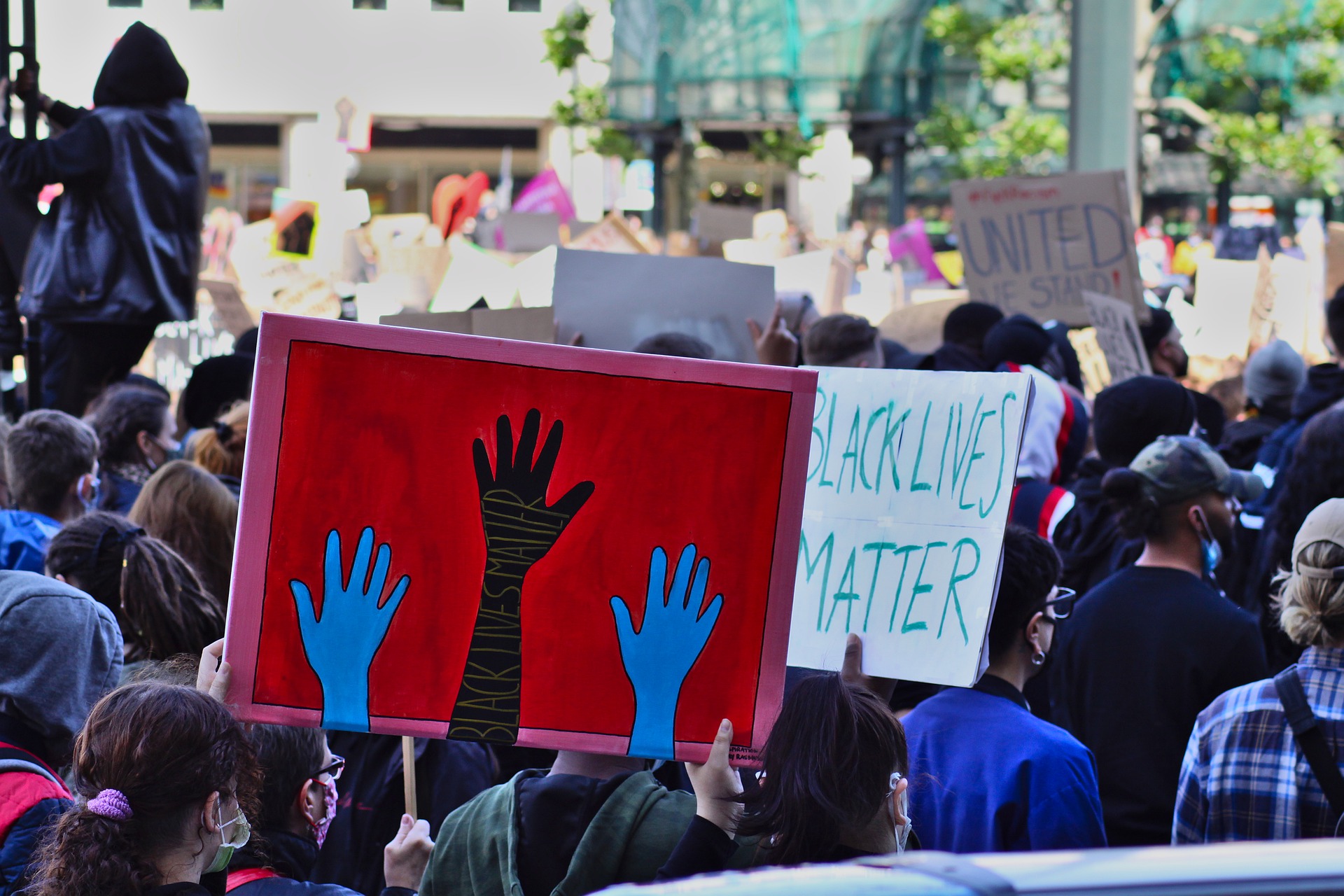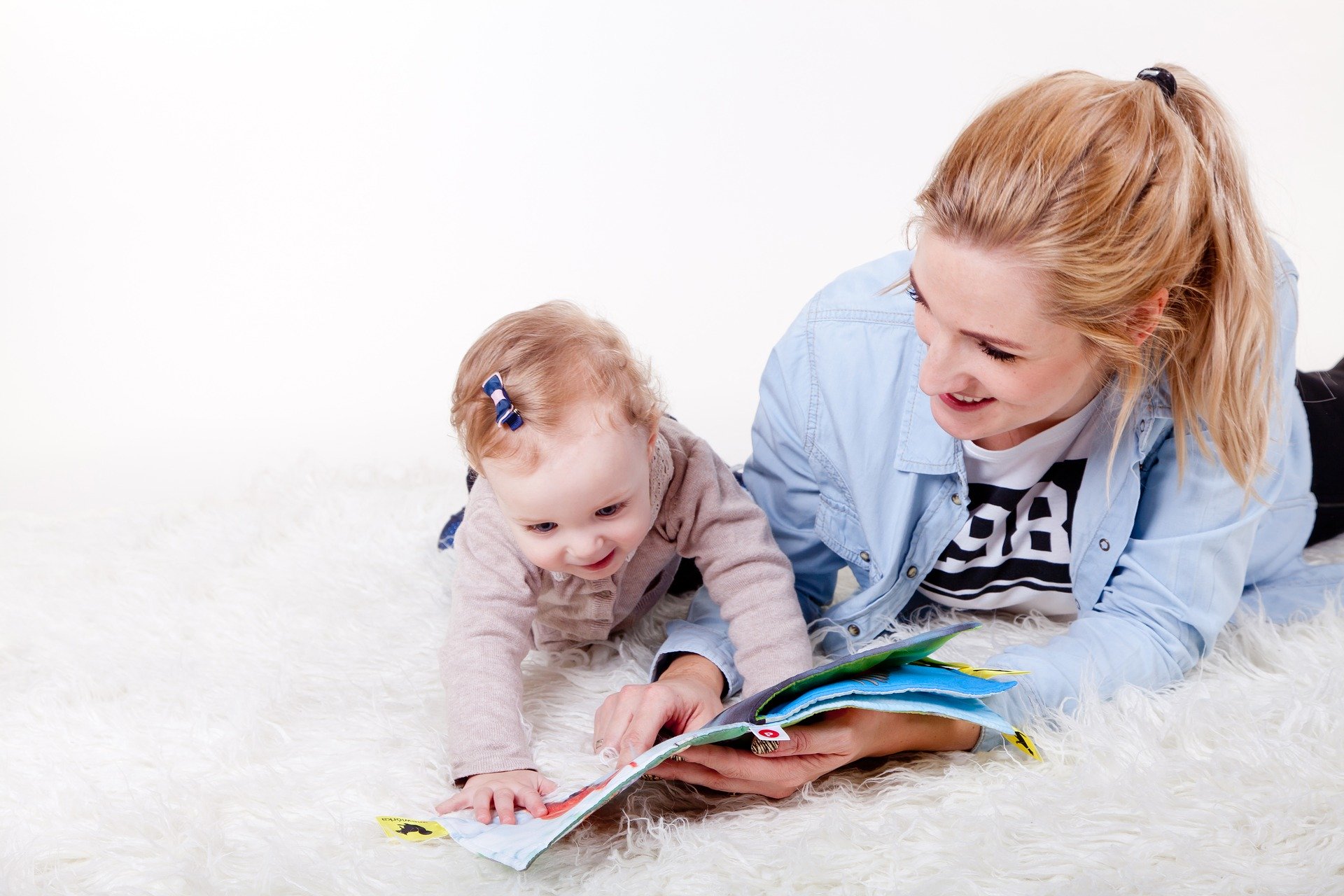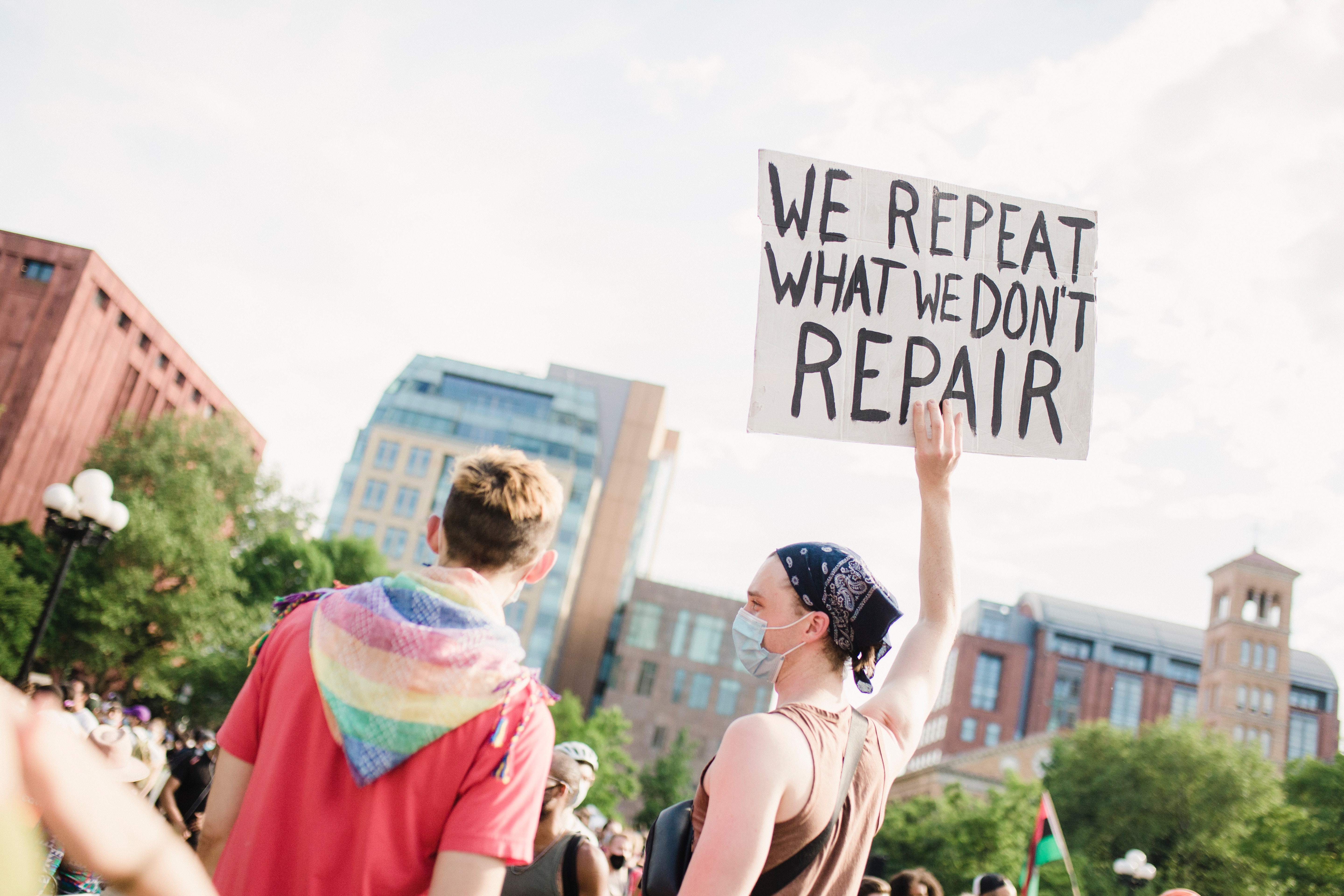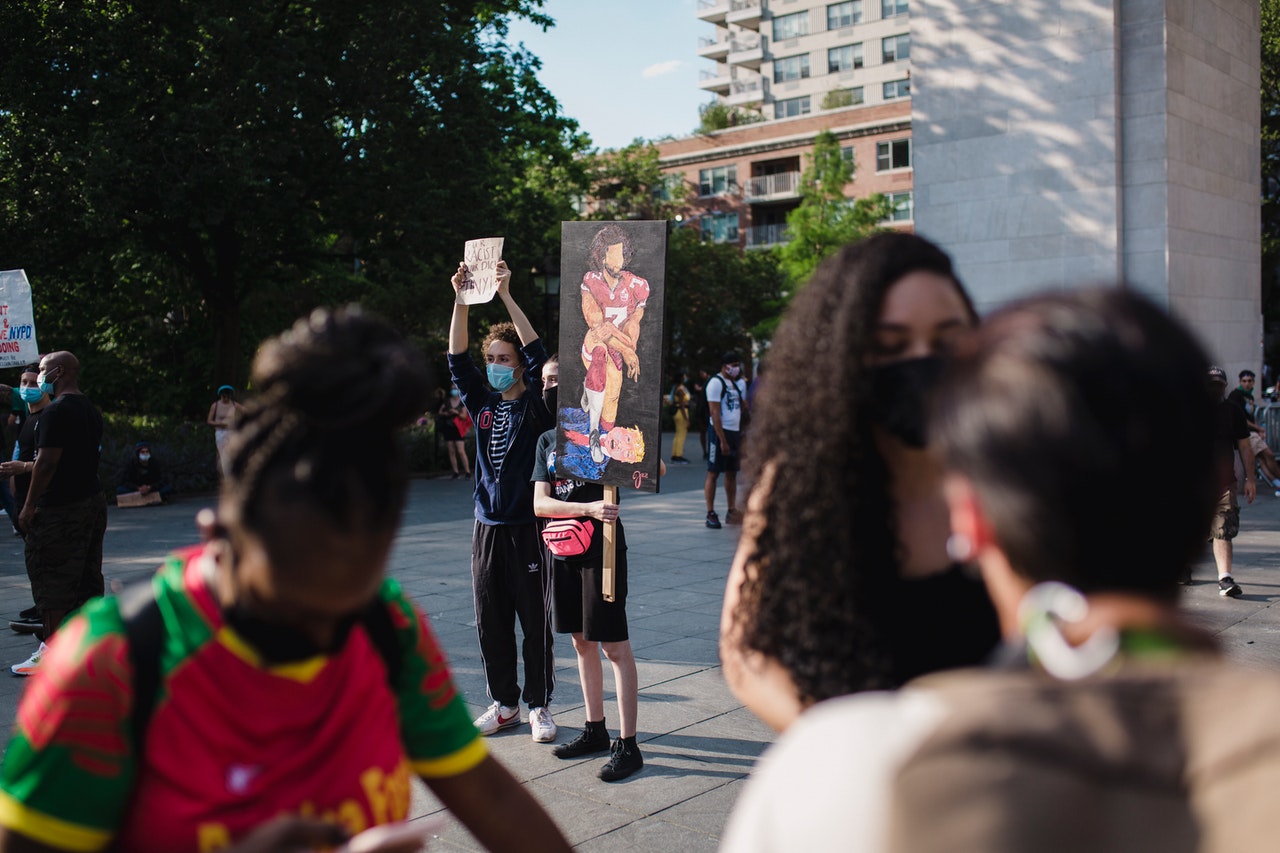Recent events at home show that we clearly need to discuss sensitive issues of race, gender, and religion with our kids. These subjects have often been swept under the rug or left to educators (with their own bias) to discuss.
As parents, we need to take the lead in showing our kids through words and actions how to be sensitive and empathetic souls. It is our responsibility to create good human beings for the world, who are kind and loving to all.

Our children should learn from us that racism and bigotry are not welcome in our home or in public. It does not need to be a political dialogue, but it can be one of morality.
Here are some guidelines to help you speak to your child about race:
Start the conversation early
In a world hell-bent on teaching hate, we need to lay the positive groundwork at an early age and teach our kids compassion and tolerance. Children are not born racist; they learn it.
Sadly, many families, especially white families, are not talking about race.

Conversations about racism and discrimination are more prevalent in homes of people of color, and children in these homes may have already experienced systemic racism. White parents can talk about privileges and inequalities related to their own race.
Be honest, don’t downplay incidents, or avoid talking about them. A simple statement like, “It’s not fair to judge others based on their skin color, faith, or the language they speak, because we wouldn’t like someone doing the same to us,” could get the conversation going.
Be the change you want to see
One way to overcome stereotypes is by having a variety of friends yourself. It is no use you telling your child to mix with people that look different from themselves, yet all your friends look like you.

Living in a diverse community helps, but does not guarantee your child will have acceptance baked into their psyche. If you are bilingual, speak to your child in your mother tongue, or teach your child another language.
You can learn about another culture – their language, food, films – with your child to broaden their worldview.
Address their confusion
Your child may pick up on biased views from those they know and love. Maybe, grandpa posts a homophobic meme, or his favorite uncle goes off about the need for a border wall.
Your child receives mixed signals and may be confused. He cares for and respects this person, but their beliefs differ from his family’s. As a parent, you need to address these disparities.

If it’s a friend or relative who says something racist, don’t be neutral. Tell them directly, “Please don’t use that type of language around my children,” and talk to your children after.
This will empower your kids to speak up in future, at school or in the workplace, when others are being racist.
Educate yourself before answering questions
It is hard to explain something that you do not know much about. You need to understand the history of race relations in the country before you can raise the subject with your kids.
Informed parents can respond appropriately to the questions kids ask.

Talking About Race is a web portal that provides tools to help parents and teachers navigate the discussion on race.
Teach them to speak up
Parents have a powerful influence on their kids. Speak to your kids about being allies to the less fortunate, the disabled, and those who are different from them.

Teach them to stand up to peer pressure for themselves as well as for others. Encourage them to speak up when they see injustices.
Lastly, there is no foolproof way to talk about the complicated matter of race with your child. Yet, it is a conversation all families need to have irrespective of your race, background, or education.
Remember that in all conversations with your children, let love lead. They are always listening and learning by example.


